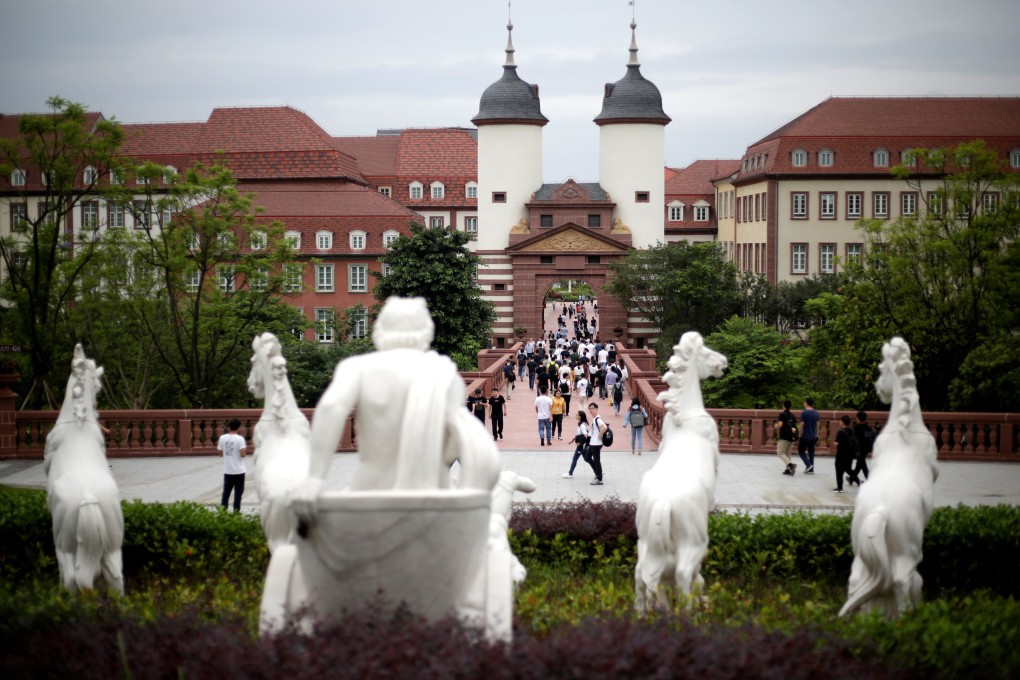Greater Bay Area manufacturing hub Dongguan reports rise in home prices amid increased liquidity, speculative buying
- City’s average home prices had risen by 17 per cent year on year by the end of June
- Home sales have risen 20 per cent in the first six months to 55.7 billion yuan

Dongguan, a city in China’s Greater Bay Area development zone that is also home to Huawei Technologies’ new campus, has recorded a sharp increase in home prices, which have been boosted by increased liquidity and speculative buying driven by hopes around its economy.
“My landlord last year asked me whether I would like to buy the 110 square metre home I live in for 3.6 million yuan [US$514,096]. We, however, passed up on it, as we found it a bit over our budget. And now it is priced at 5 million yuan. Who can tell me why?” Vic Li, a Dongguan resident, said in a recent social media post on Douban.com.
The city’s average home prices had risen by 17 per cent year on year to 22,813 yuan per square metre by the end of June. The city has also topped an index compiled by online property consultancy Bingshan Property, which tracks prices of old homes in 62 major Chinese cities, since the fourth week of May.

02:35
China's ambitious plan to develop it own ‘Greater Bay Area’
According to the latest data, the prices of old homes on average had risen by 6.4 per cent in the second week of July compared with prices in the second week of June. In Shenzhen, which ranks second in terms of price rises on the index, the average price of old homes rose by 2.5 per cent in the same period.
The city has recorded home sales worth 55.7 billion yuan in the first six months of this year, a 20 per cent increase over last year.
An analyst said the sharp increase in prices was being fuelled by increased liquidity. “It is mainly due to the ample money freshly injected into the economy [by the Chinese central bank]. Most people still feel safer buying homes over other assets. That’s why we are seeing money flood into property markets in [Greater Bay Area] cities such as Dongguan. This results in a surge in demand, which pushes home prices higher,” said Yan Yuejin, director of Shanghai-based E-house China Research and Development Institution.